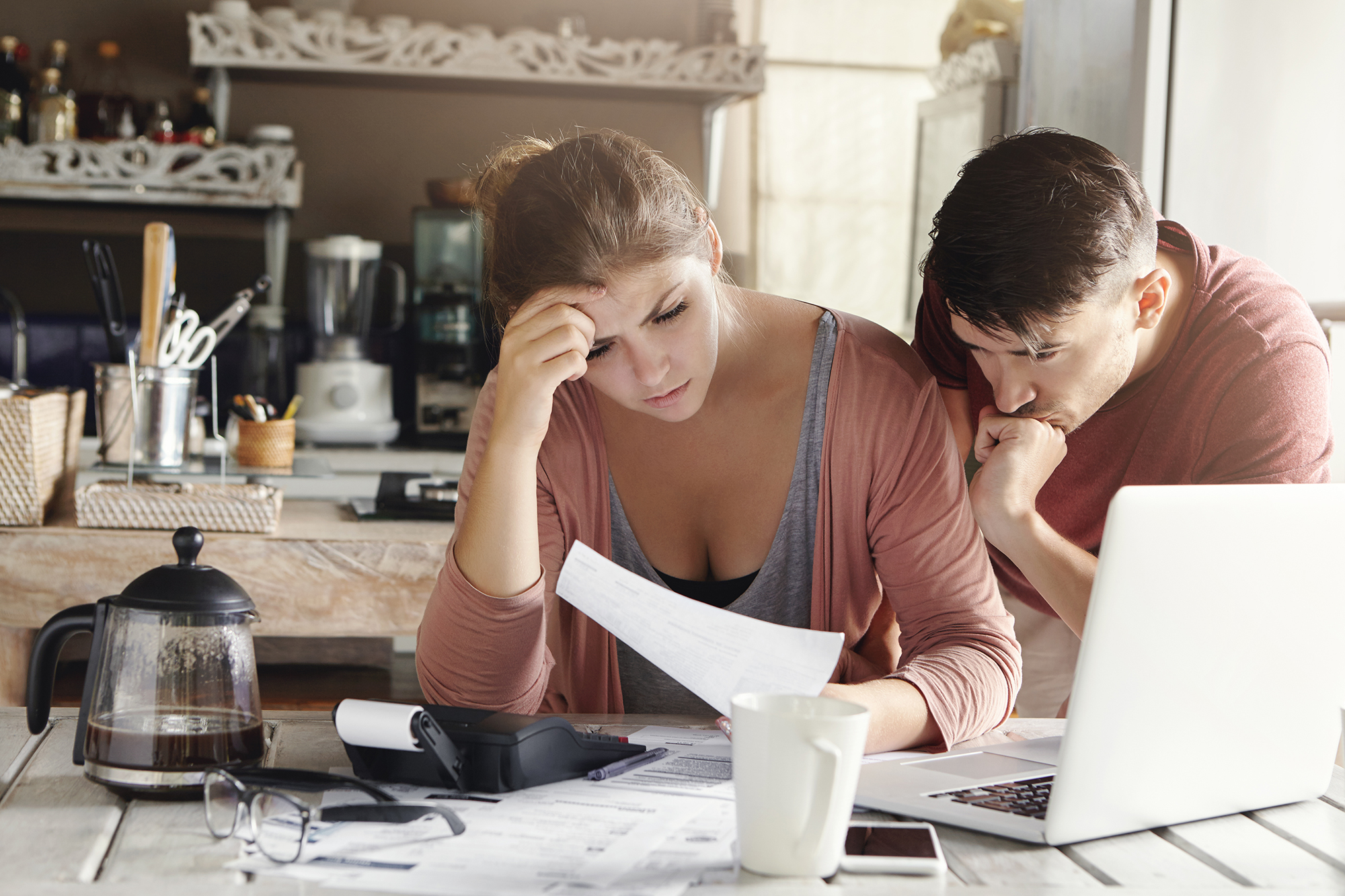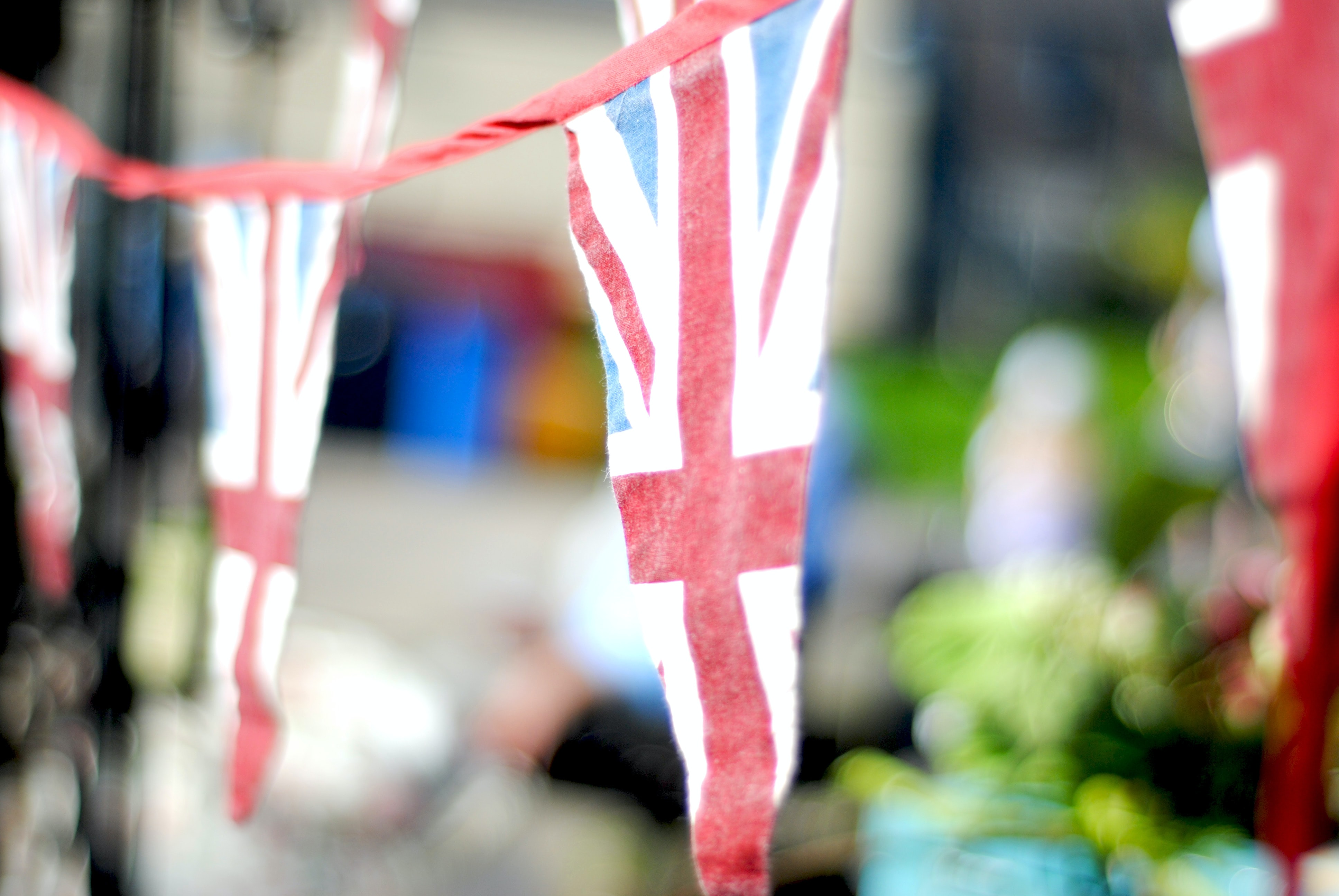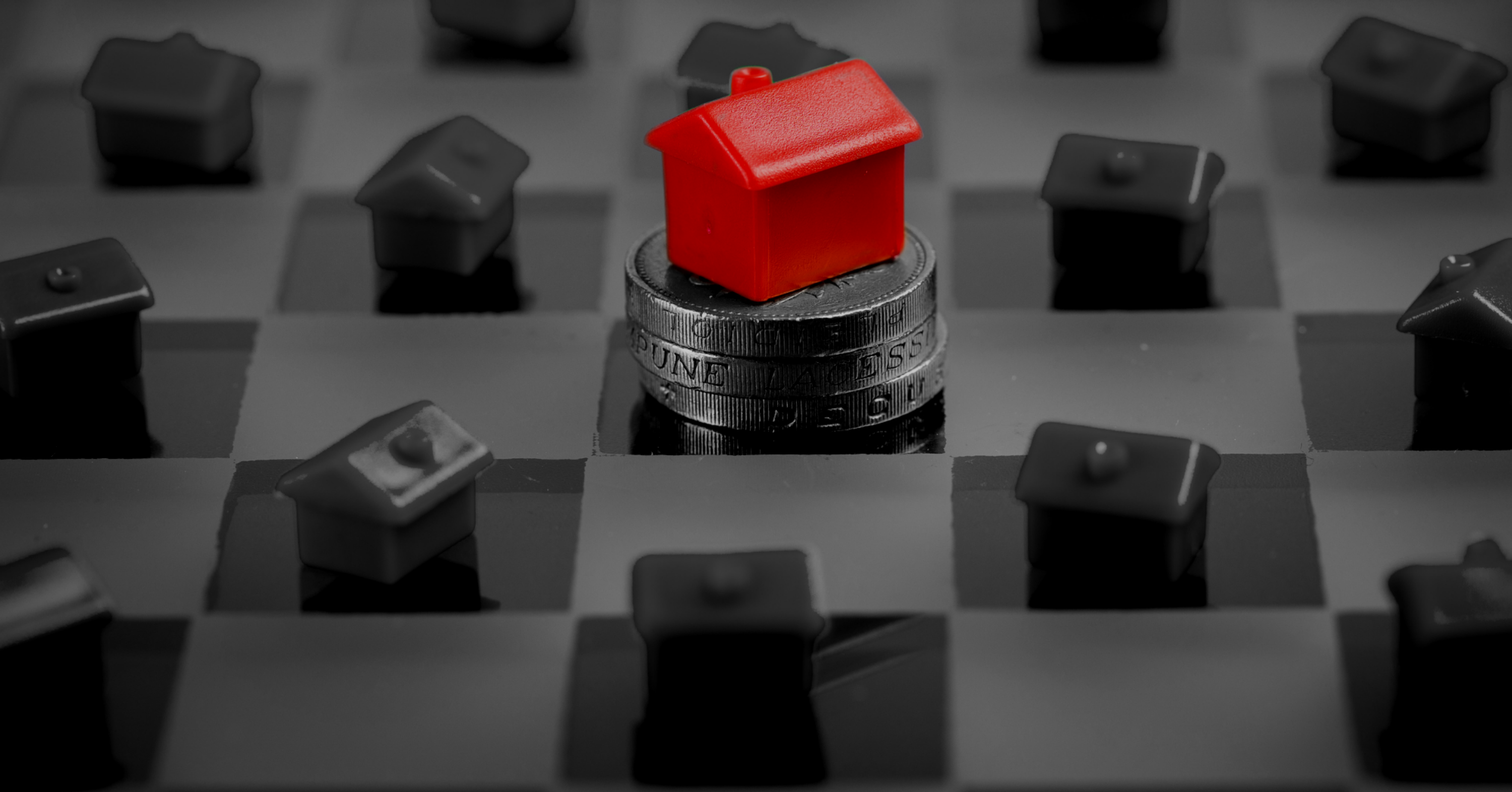When you’re moving into your first house, there are lots of things to do and remember so working through your utilities may not be top of your list. But, when you get your first bill, you may change your mind because the existing energy supplier will probably have switched you onto their standard tariff and typically, that’s 20% more expensive than their cheapest tariff.
Work through this list to get the most out of what you’re going to pay for your utilities.
First things first, what do you need to know?
What utilities will you typically need?
Seems obvious, but it’s worth spelling it out. There will be lots of things you’ll need to be paying for as a new home owner, like mortgage payments or maintenance fees, so you need to make sure that you add these on top because you can’t do without them.
- Electricity
- Gas
- Water
And just in case you didn’t know, you can swith energy providers but you can’t switch your water supplier and sewerage service provider.
How much does it cost on average per month?
Although this can change dependant on the number of occupants, the size of the property, your energy rating and the type of house it is, on average, your bills will start off at £50 for electricity, £49 for gas and £34 for water.
Your ‘to do’ list
Informing your current utility supplier
Even as a first time buyer, you’re unlikey not to have existing suppliers where you currently are, so before you move to your new property, contact them and:
- Notify them of your move
- Give them at least 48 hours notice
- Arrange for the final bill to be sent to the new property
- Check to see if you have an exit fee
- Take a final meter reading on your last day and inform your supplier
Once the final bill arrives settle it as soon as possible, as well as checking if you’re in credit. If you are, you’ll be due a refund which should be paid directly to your account.
Find your energy meters
Gas and electricity meters can be found in a variety of places, but they’re usually installed in the kitchen, the hall or in an outside meter box so start there! Ask the previous owner or estate agent before you move in to save you time.
Make sure you know where your trip switch is
Should the power cut out, you’ll need to be able to locate the trip switch. It’s a feature to keep you safe if there’s a faulty appliance or you over-use the electricity. You should be able to find it next to the fuse box which will be within 3 metres of the electricity metre.
Find your metre number
There are two types of meter number - the Meter Point Administration Number (MPAN) for electricity and the Meter Point Reference Number (MPRN) for gas.
Both numbers are unique to your home and can be used for identification. They can be found on your bills but not on your metres so make sure you keepo a reference of them somehwhere.
Contact the energy supplier in your new property
- On the day you move in, take metre readings as you want to make sure you have an accurate first bill.
- Contact the supplier and provide the meter readings.
Ok, so now you’ve done this as well as the tonne of other things you’re supposed to be doing, you’ll want to know how to save yourself some money.
How to save money
- Choose energy-efficient appliances and white goods.
- Change your boiler for an as efficient one as you can afford.
- Install a smart thermostat
- Wash clothes at a lower temperature
- Replace light bulbs
Think about what you’re using
It can be easy to forget, but turning off standby appliances and lights when you’re not using them can make an impact on your energy bill.
Keep your home well insualted
Your walls, windows and loft can all lose you heat, so insulate where you can and invest in double glazing.
If you do one thing, compare and switch energy providers
You’re under no obligation to stay with the current provider so it’s a no-brainer to explore, compare and choose the best deal for you.
When you compare energy suppliers, don’t go with the first option you find. Look on different comparison sites and think about what might be right for you. Do you want to have a duel fule provider? Online bills? What tariff is best?
Switching energy suplliers can be a great way to save hundreds of pounds a year and you could probably use that in a better way in your new home.
Can you install a water meter?
The main way to save on your water bills is to get a water meter which means you’ll only pay for the water you use which could save around £100 per year, especially if you live alone or have more bedrooms than occupants. Most water companies are usually happy to fit a meter and it’s free. Meanwhile, try this water saving tips:
- Never boil more water than you need.
- Only use your washing machine when it;’s full.
- use a dishwasher instead of washing up
- Store cold water in the fridge
- Have shorter showers
- Don;’t use the toilet as a bin
- Replace leaky btaps
- Turn off taps when you’re brushing your teeth.
- Reduce your flush
If this checklist has been helpful, then take a look at our other great blogs for first-time buyers.






Share this with
Email
Facebook
Messenger
Twitter
Pinterest
LinkedIn
Copy this link